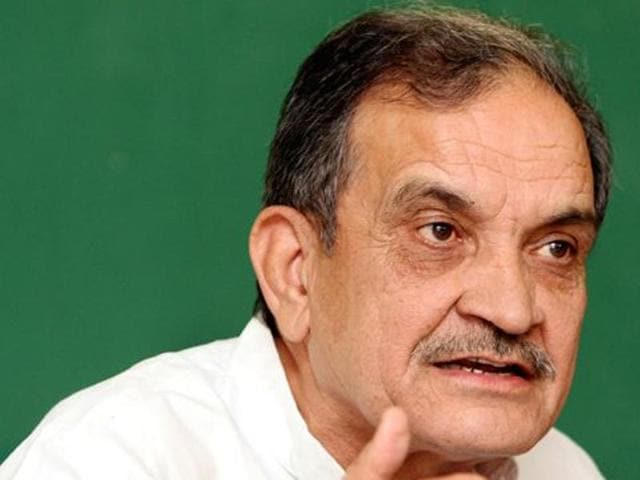The Centre’s sneaky curtailing of MGNREGA funds is not just illegal, but inhuman too
The MGNREGA is a demand-driven programme. A report in a national daily has alleged the rural development ministry used an off-record WhatsApp chat group to tell states not to generate more work under the programme
In a hard-hitting expose published on Tuesday, a national daily revealed that the Union rural development ministry is using an off-record WhatsApp chat group to tell states not to generate more work under the Mahatma Gandhi National Rural Employment Guarantee Act (MGNREGA). This step, the report added, has been done keeping in mind that there has been a steep rise in demand for work under the Act in a drought year.

The instructions go against the provisions of the job guarantee scheme, which make it obligatory for the government to provide as much funds as are required for the work demanded by the rural poor and not curtail work to fit its budgetary decisions.
But on the WhatsApp group, the government told states the idea that MGNREGA was demand-driven “did not cut much ice anymore”, the report added.
The WhatsApp group messages had a “chilling effect” on the work given under the programme after the soaring demand growth in the first few months. The states took the instructions and signals sent in August seriously and reduced work for the future as arrears piled up, the report said.
When I read the article, I remembered Ratan Singh and his family of four.
I was walking into the Jhansi station to catch a train to Delhi when Singh approached me, looking all lost and bewildered.
“Where can I get a train to Delhi?” he asked me helplessly.
Read: Form monitoring body for MGNREGA scheme: Centre asks states
As we walked towards the ticket booth, Singh, a resident of Mahoba, told me how he was fleeing with his family from his village in Bundelkhand, which has been in the grip of a drought for five years.
“There is no water, no food --- and no work,” Singh said, as he tried to calm his wailing infant son.
“I am leaving my home of generations for a city where I have no contacts. But I desperately need work. If I don’t get one in the next few days, we will die of hunger”.
Read: Govt must obey law on MGNREGA and make way for dignity, wages for poor
“Narega?” I asked, as the MNREGA programme is usually called in these parts.
He laughed and said: “There’s no work in the villages; the muster rolls are fake and those who have got work are yet to get paid.
If we had work under the scheme why would we flee? Look at the station..there are thousands like us who are migrating to cities.”
He was right. There were indeed hundreds of people like Singh and their families with their children, pots, pans, clothes and sleeping mats, waiting to get on any train.
In the last two years, the crisis in the farm sector reached a peak fuelled by insufficient rains and lower prices of key crops like rice, wheat and cotton.
This year, however, the monsoons have been much better.
Thanks to such climatic and man-made challenges, agrarian riots have been erupting in rural areas.
The National Crime Records Bureau’s 2015 annual report says that the number of cases of ‘agrarian riots’ has increased from 628 to 2,683 in one year.
The bulk of these conflagrations were recorded in Bihar with the highest incidence of 1,156 (43%), Uttar Pradesh with 752 (28%) and Jharkhand with 303 (11%).
Such agitations seem to be telling a story of near economic collapse, leading to rioting in rural India.
Read: Punjab’s drug problem is a symptom of a bigger malaise
In April, the Supreme Court too had pulled up the Centre over unpaid wages under the rural job scheme, saying the government could not turn a blind eye to it.
In such a scenario, the Centre’s surreptitious directives, as alleged in the news report, to states to curb spending on MGNREGA is not just illegal, but also inhuman.
@kumkumdasgupta





